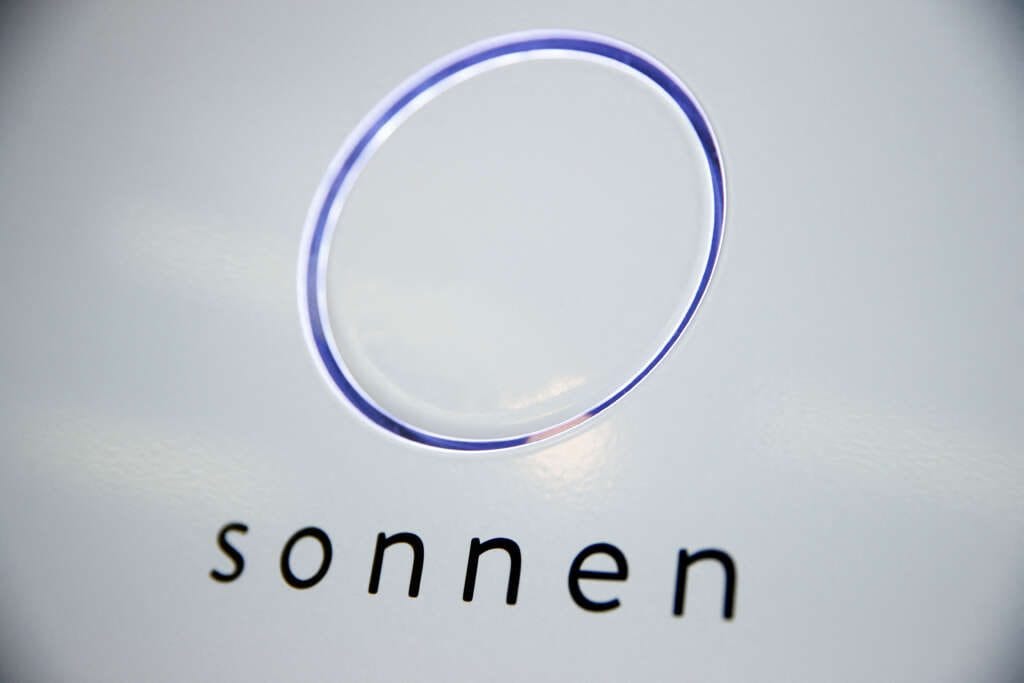
FRANKFURT (Reuters) – Germany’s sonnen, which provides storage batteries for rooftop solar systems, has connected 25,000 homes to the grid, amassing 250 megawatt hours (MWh) of capacity to help power networks manage supply and demand, it said on Wednesday.
Although 250 MWh is a tiny fraction of power demand in Western countries, it puts sonnen in the top league of European electricity storage providers, with electric carmaker Tesla offering a one-site facility of 196 MWh in Britain.
And the German company sees potential for much more.
“The goal is now to raise the capacity to 1 gigawatt hour (GWh) over the next few years,” Shell-owned sonnen said in a statement, citing the roll-out of solar roof panels and more battery sales as prerequisites.
Germany’s cabinet is due to prepare a law on Wednesday, for passage in the autumn, to cut red tape and speed the roll-out of photovoltaic power, possibly from 2024, in the low-carbon energy transition.
Sonnen’s 250 MWh capacity is enough to supply power to a big town for a few hours.
In 2015, sonnen introduced a digital “community” for its customers, who initially bought batteries to store power produced on their roofs during sunshine peaks and to release it later to reduce purchases from the grid.
From 2019, sonnen combined households willing to participate into a decentralised scheme, called a virtual power plant (VPP).
VPPs can help power networks cope with demand fluctuations, which is increasingly important as more electricity is produced from intermittent wind and solar sources.
Part of the sonnen community’s profits are shared by the members.
Germany has 800,000 home storage batteries, so there is a big potential to combine more of them to support grids, especially once electric vehicles and heat pumps are adopted in large numbers.
The slow take-up of smart metres, which measure consumption and grid requirements, poses a hurdle. But the government in May passed a law that will make them mandatory for solar systems on typical detached houses from 2025.
(Reporting by Vera Eckert; Editing by Miranda Murray and Mark Potter)


